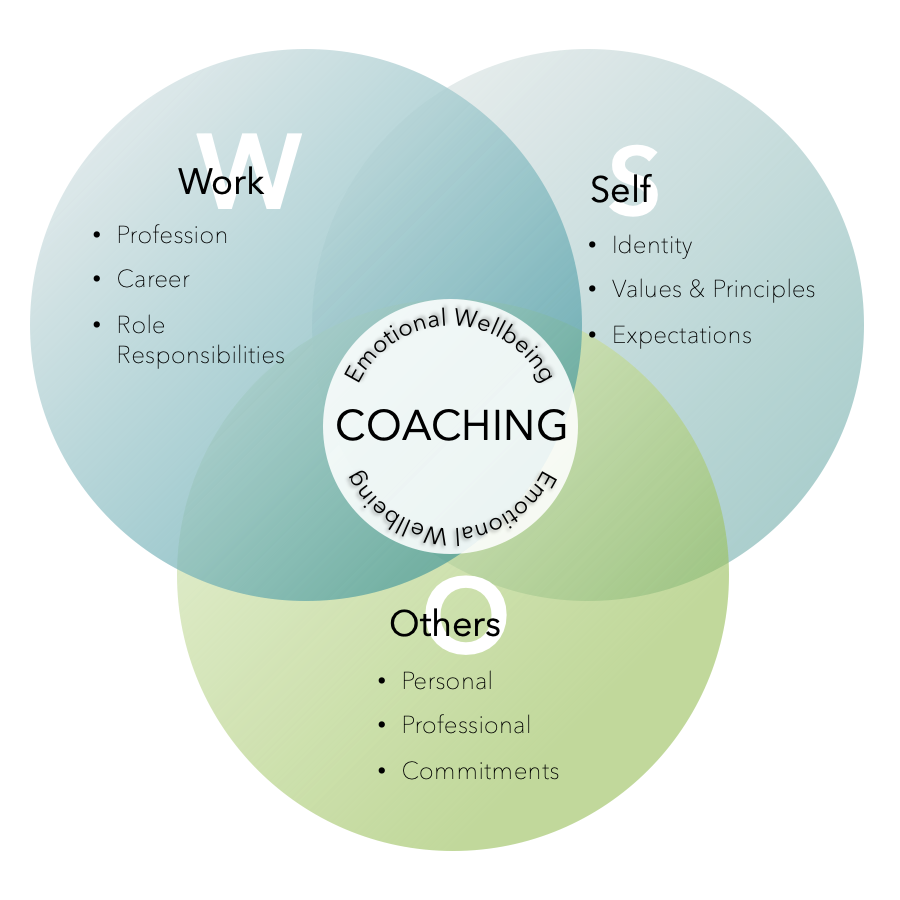Congratulations! You’re working life wellbeing habits are helping you thrive.
You have strong strategies in place to manage the competing commitments between work, self-care and your relationships.
The challenging task of balancing work and family responsibilities can take a toll on your wellbeing - especially with expectations to be a successful professional while also being a loving partner, care-giver and friend.
A key benefit of your healthy habits is one you may not realize plays an important role in wellbeing; the ability to effectively listen, and respond with compassion, to your emotions.
You've given yourself an incredible gift that not everyone has access to. You're providing yourself with a greater sense of emotional stability and resilience, which is particularly helpful when balancing competing commitments with demands on your time and emotional energy.
A key benefit of your healthy habits is one you may not realize plays an important role in wellbeing; the ability to effectively listen, and respond with compassion, to your emotions.
- By regularly practicing emotional self-care habits like meditation, journaling, spending time in nature, etc. you more easily identify your emotional needs and respond to them in healthy ways.
You've given yourself an incredible gift that not everyone has access to. You're providing yourself with a greater sense of emotional stability and resilience, which is particularly helpful when balancing competing commitments with demands on your time and emotional energy.
- Continue to monitor the healthy habits that promote your emotional wellbeing, like relationship building and making social connections who share your interests (at work and in life).
- Keep practicing regular self care, like exercise that boosts your self-confidence, fulfilling hobbies and taking advantage of opportunities to rest, relax and restore your physical and emotional energy.
- Your emotional self-care habits, like expressing gratitude, acts of kindness, etc. foster ongoing feelings of empathy and compassion (for yourself and others), which in turn help you to foster deeper, more meaningful relationships in your life.
|
Mindful awareness of burnout is key to understanding the vital and often hidden signs that may indicate a harmful imbalance between competing commitments.
Knowing the signs can ensure you attend to your wellbeing. |
Working with Carleen I learned to recognize how my work was valuable. It influenced how I see myself in the working environment and I learned to better appreciate myself. I am so grateful for our time together."
The Working Life Wellbeing Assessment isn't a tool to diagnose burnout. Its use is to support you in identifying your risks. If you have health concerns, please consult your doctor or other care provider to manage the health impacts, sharing your risks from this assessment process.
|

